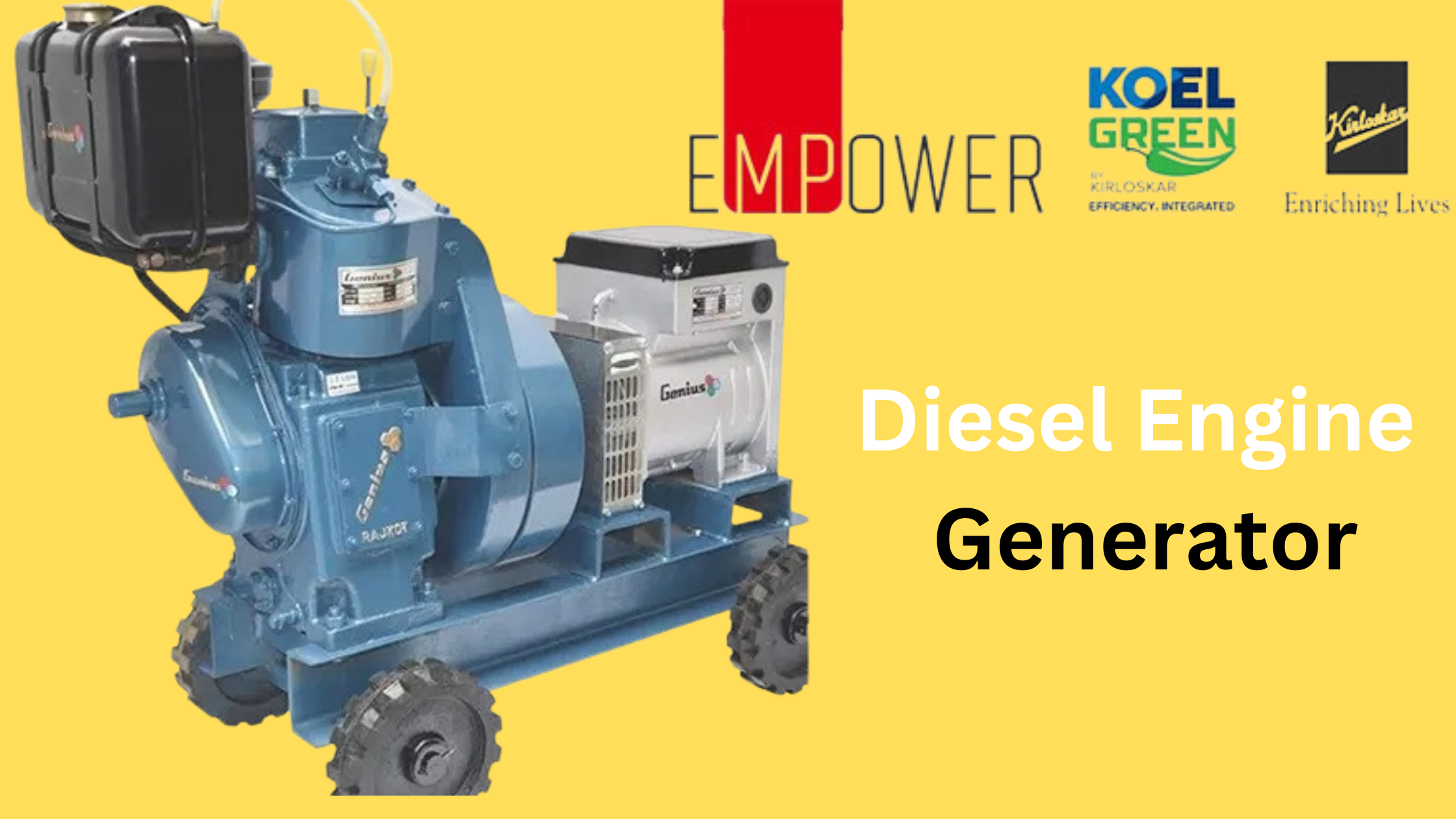Introduction:
A diesel generator is an essential component of any effective company power plan. When looking at and choosing a standby diesel generator, one of the most significant considerations is the generator’s size or capacity. Let’s look at how a Diesel Engine Generator will help your requirements.
Diesel Engine Generator
A diesel generator generates power by combining a diesel engine with an electric generator (usually an alternator). It operates slightly differently than other generators. The mechanical energy then moves the generator shaft, causing electrons within the system to produce an electric current.
Benefits of Diesel Generators
Modern diesel engines have solved the shortcomings of earlier types, including increased noise and maintenance costs. They are now quieter and require less maintenance than gasoline engines of comparable size.
The major advantages of diesel generators are
- Relatively low maintenance. This is because the generator’s engine requires fewer components to start, so you won’t have to bother about changing spark plugs or rebuilding carburettors, as you would with a gasoline engine.
- Durability. Diesel engines are highly durable in the workplace, thus they will withstand significant wear and tear in a variety of climatic circumstances.
- Durable: Access to fuel. Portable diesel generators are frequently hauled on the backs of diesel vehicles. This means you don’t have to carry two types of gasoline when you’re working.
Conclusion
The units offer low running and maintenance costs and good fuel and output efficiency, requiring less maintenance compared to other options.

